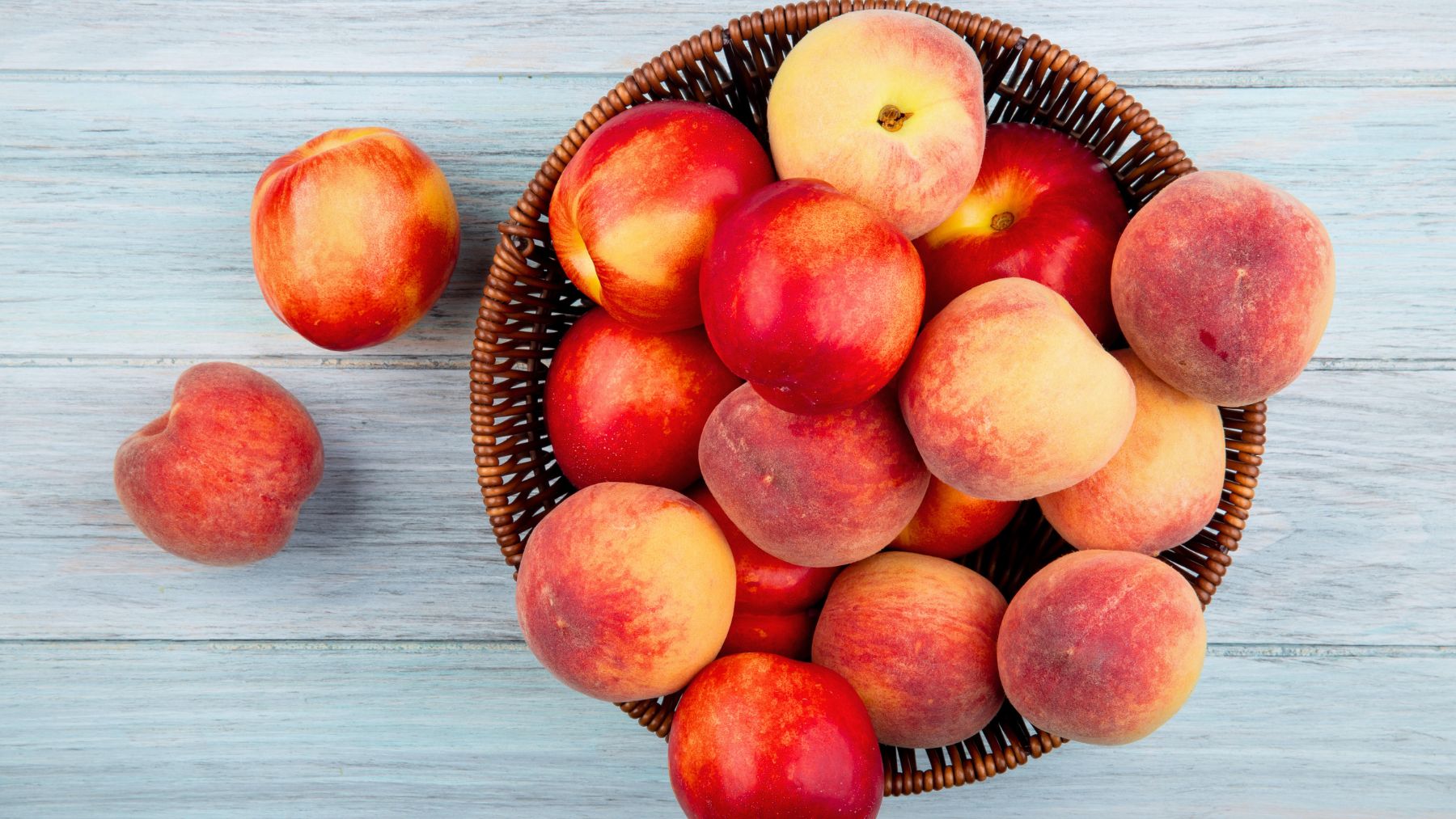Peaches may look sturdy with their soft fuzz and sweet aroma, but they’re quite delicate. Wash them the wrong way, and you can ruin their texture or even shorten their shelf life. Using methods like soap and hot water can do more harm than good.
Here, we’ll cover the best way to wash peaches without stripping away their flavor or damaging their skin. You’ll also find a few smart tips for choosing and storing them so they stay fresh, juicy, and safe to eat.
How to wash peaches the right way
Peaches should always be washed right before eating or cooking with them. If you wash them too early, the moisture can sink into the skin and speed up spoilage. When you’re ready to eat them, rinse each peach under cool running water. Use your hands or fingertips to gently rub away dirt, fuzz, or surface residue, and avoid using a scrub brush, as it can bruise or tear the thin skin.
If you’re concerned about pesticide residue, you can swish the peaches in a short soak, either a vinegar solution (1 part white vinegar to 3 or 4 parts water) or a mix of cold water with a bit of baking soda. After soaking, rinse them again with clean water and pat dry with a clean towel.
Never use dish soap or any kind of household cleaner. Peaches are porous, and their skin can absorb chemicals. Also, skip the hot water, as it can break down the flesh and affect the flavor. Cold, clean water is enough when paired with gentle handling.
Always dry them thoroughly after washing to avoid excess moisture, especially if you’re slicing or packing them for later use. Damp skin can turn soft or soggy, which not only ruins the eating experience but can speed up decay.
Pick and store peaches so they last
Washing is only part of getting the best out of your peaches. Knowing how to choose and store them is important, too. Here are some simple tips:
- Choose peaches with a slight give: A ripe peach should feel soft but not mushy. It should give a little when pressed near the stem but still hold its shape.
- Check the aroma: Ripe peaches have a strong, sweet fragrance. If it doesn’t smell like much, it’s probably not ready.
- Avoid bruised or wrinkled skin: These signs mean the fruit is either overripe or already breaking down inside.
- Let firm peaches ripen at room temperature: Leave them on the counter for a couple of days until they soften. Keep them out of direct sunlight and don’t stack them, as it can cause bruising.
- Store ripe peaches in the fridge: Once fully ripe, peaches can go in the refrigerator to slow down further ripening. Try to eat them within a few days for the best texture and taste.
- Don’t wash before storing: Moisture leads to mold and shriveling. Always keep peaches dry until you’re ready to use them.
Handled correctly, peaches stay juicy, sweet, and full of flavor. A quick rinse in cool water and a light touch are all you need. Skip the soap, avoid heat, and focus on timing and storage.

